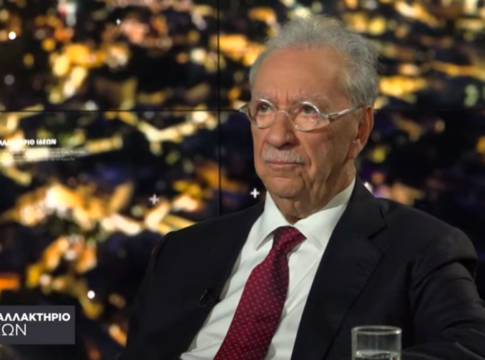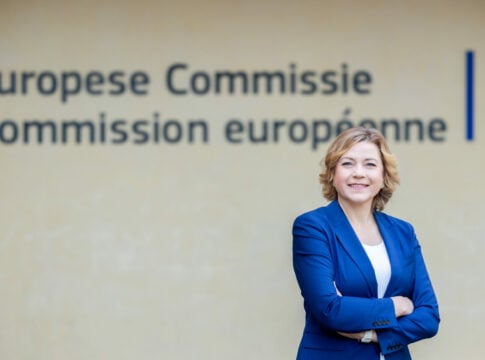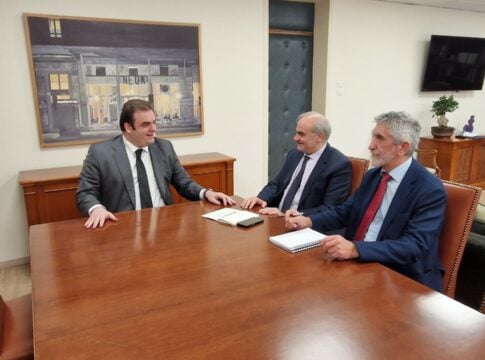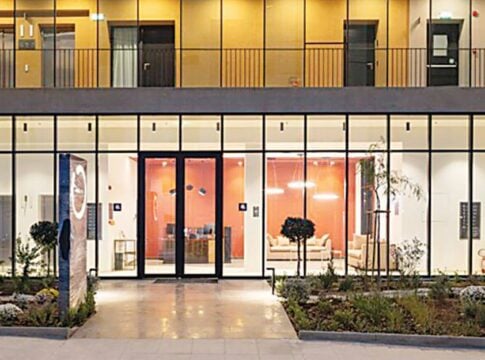The penetration of FTTH networks (optical fiber to homes and businesses) has exceeded 50%, while their use is around 15%.
However, Greece has not bridged the gap with the rest of the European Union countries.
As the Minister of Digital Governance, Dimitris Papastergiou, stated to “N”, “we need to move faster. We are the first in the rate of development of fiber optic connections, but we were slow to start.”
In some areas (still a few compared to the entire territory) consumers now have (or will soon have) more than one option for FTTH connection.
The chairman and CEO of PPC, George Stassis, speaking to analysts last week, following the first quarter results, said that the energy company will launch the FTTH service in the coming months.
He clarified that there is no plan for PPC to expand into mobile telephony and referred to the fact that Greece is lagging behind in terms of FTTH penetration, saying: “We are the company that will open this market, as has happened in many European countries…”.
At the end of March, PPC had built 948,000 FTTH connections (five times more than a year ago and almost double since the end of 2024) and the goal is to reach 1.5 million households and businesses by the end of 2025.
The extent to which PPC’s entry into broadband services will change the data in the telecommunications market remains to be seen.
OTE, like the other telecommunications providers, is examining all scenarios and preparing for the new environment with PPC in FTTH services.
Consistent with its announcement, OTE had constructed (data at the end of March) 1.8 million FTTH lines with plans to have 2.1 million by the end of the year and 3 million by 2027.














